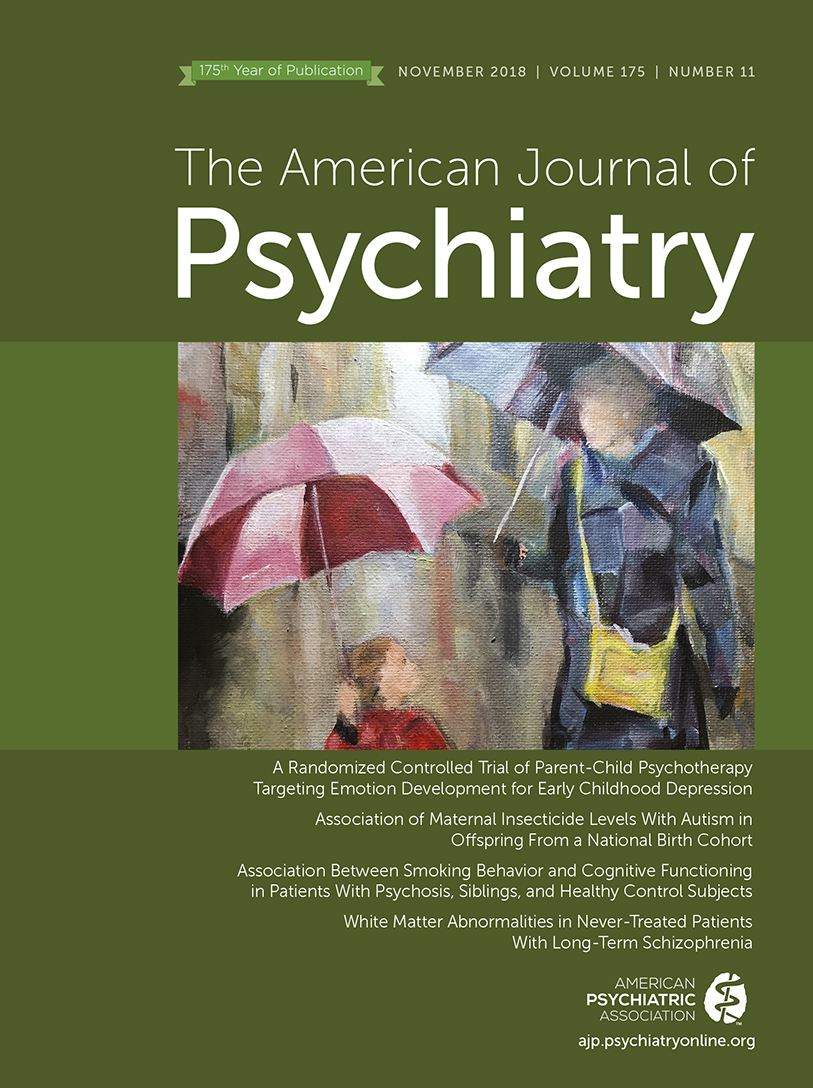Abstract
Objective:
The high prevalence of smoking and cognitive deficits in schizophrenia patients is well known, but findings regarding the association between the two are contradictory, and longitudinal studies are lacking. The authors sought to examine the multi-cross-sectional association between smoking behavior and performance in specific cognitive domains and the longitudinal association between change in smoking behavior and change in cognitive functioning in a large prospective study.
Method:
The authors conducted a cohort study of patients with nonaffective psychosis (N=1,094), their siblings (N=1,047), and healthy control subjects (N=579). At baseline and at 3- and 6-year follow-ups, smoking behavior was assessed with the Composite International Diagnostic Interview and cognitive functioning with a test battery. Multivariate linear mixed-effects regression analyses were conducted to assess associations between smoking and cognitive domains while adjusting for variation in demographic factors, psychopathology, medication, and substance use. Bonferroni correction for multiple testing was applied.
Results:
At baseline, 66.6% of the patients smoked, compared with 38.3% of the siblings and 25.2% of the control subjects. Significant multi-cross-sectional associations were found between smoking and lower processing speed in the patient and control groups compared with the nonsmoking patient group (estimate=−2.38, SE=0.84) and the nonsmoking control group (estimate=−3.13, SE=1.06). In siblings, smoking was significantly associated with lower performance in working memory and reasoning and problem solving compared with nonsmoking. Also, the number of cigarettes smoked per day was negatively associated with these domains. Patients, but not siblings and control subjects, who quit smoking showed a significant improvement in processing speed (estimate=4.90, SE=1.73).
Conclusions:
The study findings indicate that smoking is associated with poorer cognitive performance in patients, their siblings, and healthy control subjects compared with nonsmoking. Smoking cessation may improve processing speed in patients.



